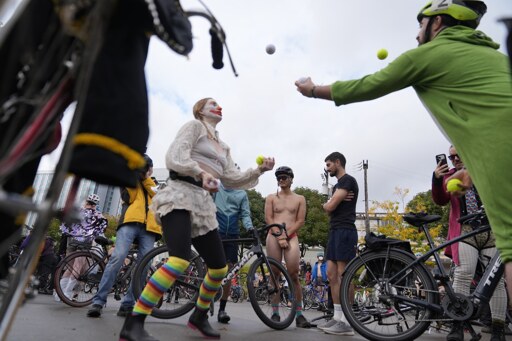

I’m pretty sure if that were the case then someone would have blown the whistle on this several years ago. These people employ staffers, many of whom are very ideologically dedicated to the progressive cause, and would not hesitate to become a person familiar with the manner who agreed to an interview on condition of anonymity. In fact, this is probably where 90% of Congress leaks come from.











Historically, when a party is defeated electorally over and over again, its members either form a new party or they rebel against leadership and the party lurches left or right in the direction of the voters. This happened to the Republican Party after they lost five presidential elections in a row (four of which were won by Franklin Roosevelt). The next Republican president in office was Dwight Eisenhower, who by today’s standards would be a moderate liberal.
You can also see it happen in other countries. After being stuck on the left side of the room for 14 years the British Labour Party elected a… moderate conservative as leader and then subsequently won the next election.
Generally speaking, when a party keeps losing elections over and over again, picking a more extreme candidate is usually catastrophic to their electoral chances—see what happened in Canada and Australia.
Before anyone comments with objections or observations of this dynamic in modern American politics, do note that no party has lost 3 elections in a row in five decades.